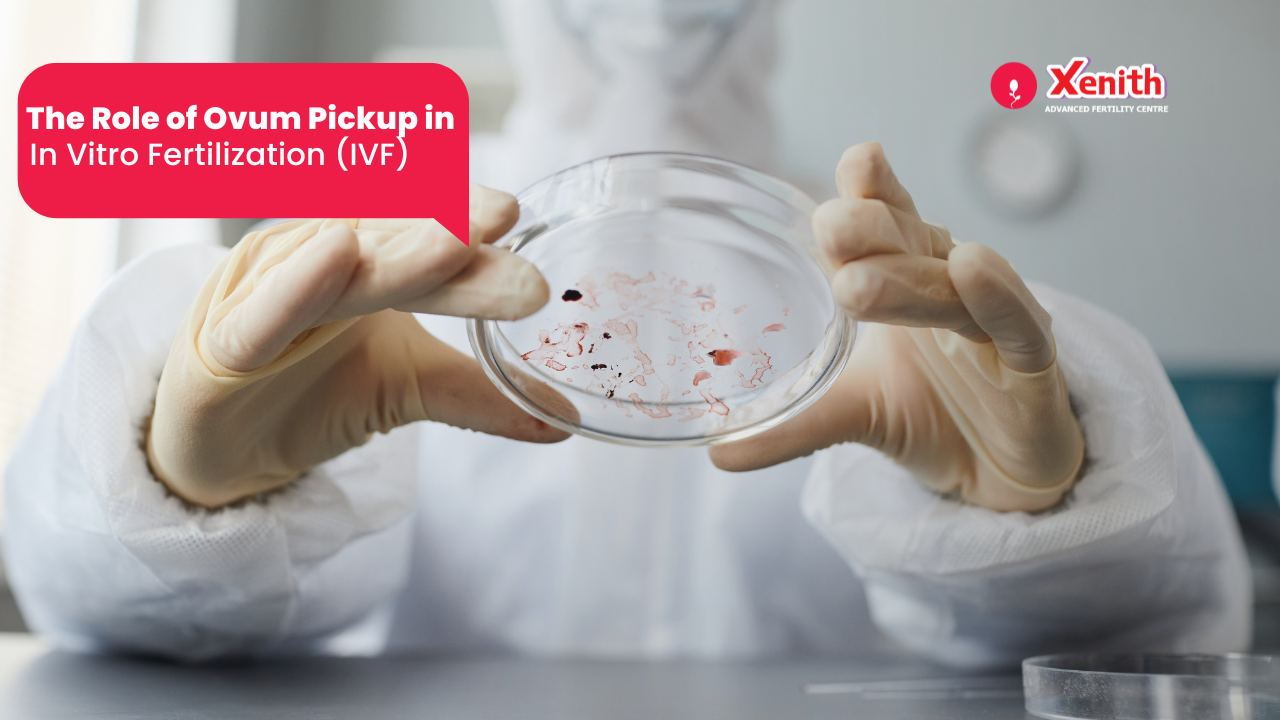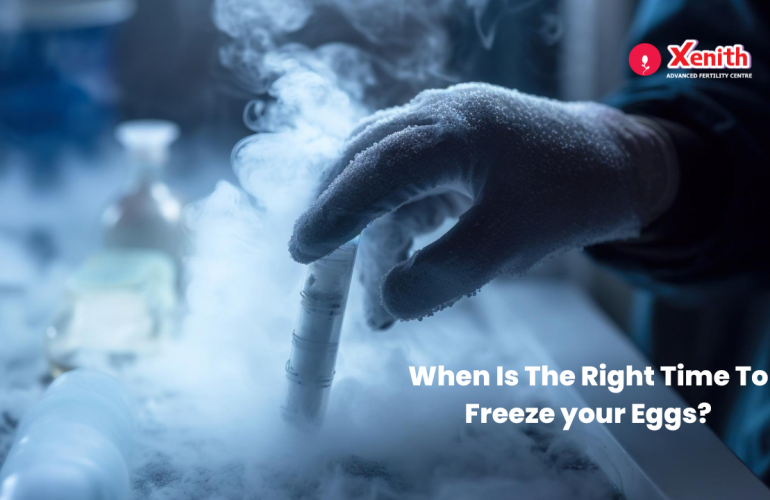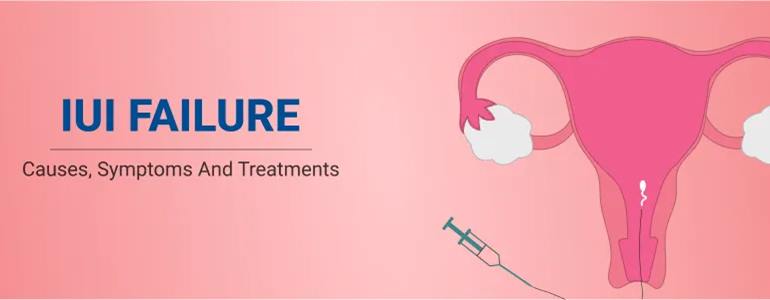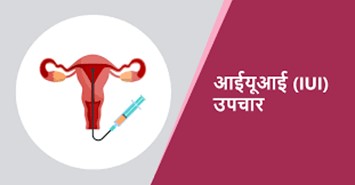An egg or ovum is located within a follicle or a fluid filled sac inside the ovary. Ovum pickup is a procedure where the mature eggs are extracted from the ovaries. This is part of in vitro fertilization (IVF) procedure where these eggs are then fertilized with sperm in a laboratory setting and the fertilized egg is transferred back into the woman’s uterus for implantation which if successful leads to a pregnancy.
Procedure overview
Normally, ovulation occurs each month when usually one mature egg is released from the ovary. During an IVF cycle, the woman is administered hormonal treatment which stimulates the ovary to produce many mature eggs at one time. In order to remove the eggs just before they are released from the ovary during ovulation, it is closely monitored by ultrasound and by levels of estradiol hormones which are a harbinger to ovulation. When the follicles have grown to a certain size, the hormone hCG is given to release the egg’s attachment to the follicle wall and the egg will float inside the follicle. Ovulation is triggered between 36 to 48 hours after hCG administration. After this set time, an ovarian puncture is then performed, under anesthesia, where these mature eggs are retrieved and this is called ovum pickup. It is very important that the ovarian puncture is carried out just at the right time before ovulation so that fertilization could occur in a laboratory setting. If it’s not at this mature stage, external fertilization would not be possible.
Patient preparation and timing
You should arrive at the clinic on the same day the eggs are too removed and need to come on an empty stomach which means you don’t eat or drink anything for the past 6 hours. You should also be accompanied by someone so that they could take you back home. You will be asked to empty your bladder just before the procedure because a full bladder could make it more difficult for the puncture. You will be taken to the operating room and given a mild anesthesia so you will not feel any pain and are comfortable during the procedure. At this same time, the sperm will be collected from the spouse and washed,separated and analysed for its quality and quantity keeping it ready for fertilization with the egg. The doctor then uses an ultrasound to guide the needle which goes through the vagina into the ovary and into each follicle to aspirate the liquid within the follicle which contains the egg. After the doctor has retrieved the fluid from all the follicles, you will be taken to another room for observation and allowed to rest for a few hours. If you recover well from the anesthesia and the procedure, then you are able to go home with the person who accompanied you. The procedure itself is very short, about 30 minutes. You might feel slight discomfort and there might be slight vaginal bleeding after the procedure. So it’s good to rest that day without doing any heavy work and you usually could go back to your regular duties the next day. If there is slight abdominal pain, you could take some pain medication and sometimes nausea and vomiting could occur. In rare cases, if you have strong abdominal pain, fever, or vaginal bleeding, you should immediately contact your doctor.
Meanwhile, the aspirated liquid is placed in prewarmed test tubes at 37oC and taken to the laboratory. The embryologist will retrieve the eggs from the fluid and analyse the eggs to see its condition, fertilize it with the sperm either by incubating the sperm and egg together or directly injecting the sperm into the egg and closely monitor it for occurrence of fertilization after which it will be monitored for how its replicating. After it reaches a certain stage, the fertilized egg will be transferred back into your uterus for implantation which if successful will lead to a pregnancy. So the woman’s uterus has to be ready for implantation to occur.
The IVF success rates could vary from person to person depending on age which is a major factor, the number of eggs that were collected and fertilized, any health issues, uterus condition and any other reasons for infertility, and lifestyle like smoking, weight, diet, stress etc. The older you get, the lower the chances of a successful pregnancy especially after the age of 35. So, if you are interested in knowing more about ovum pickup or IVF in general, feel free to contact Xenith Advanced Fertility Centre who have all the advanced technology and expertise in doing this procedure well.




